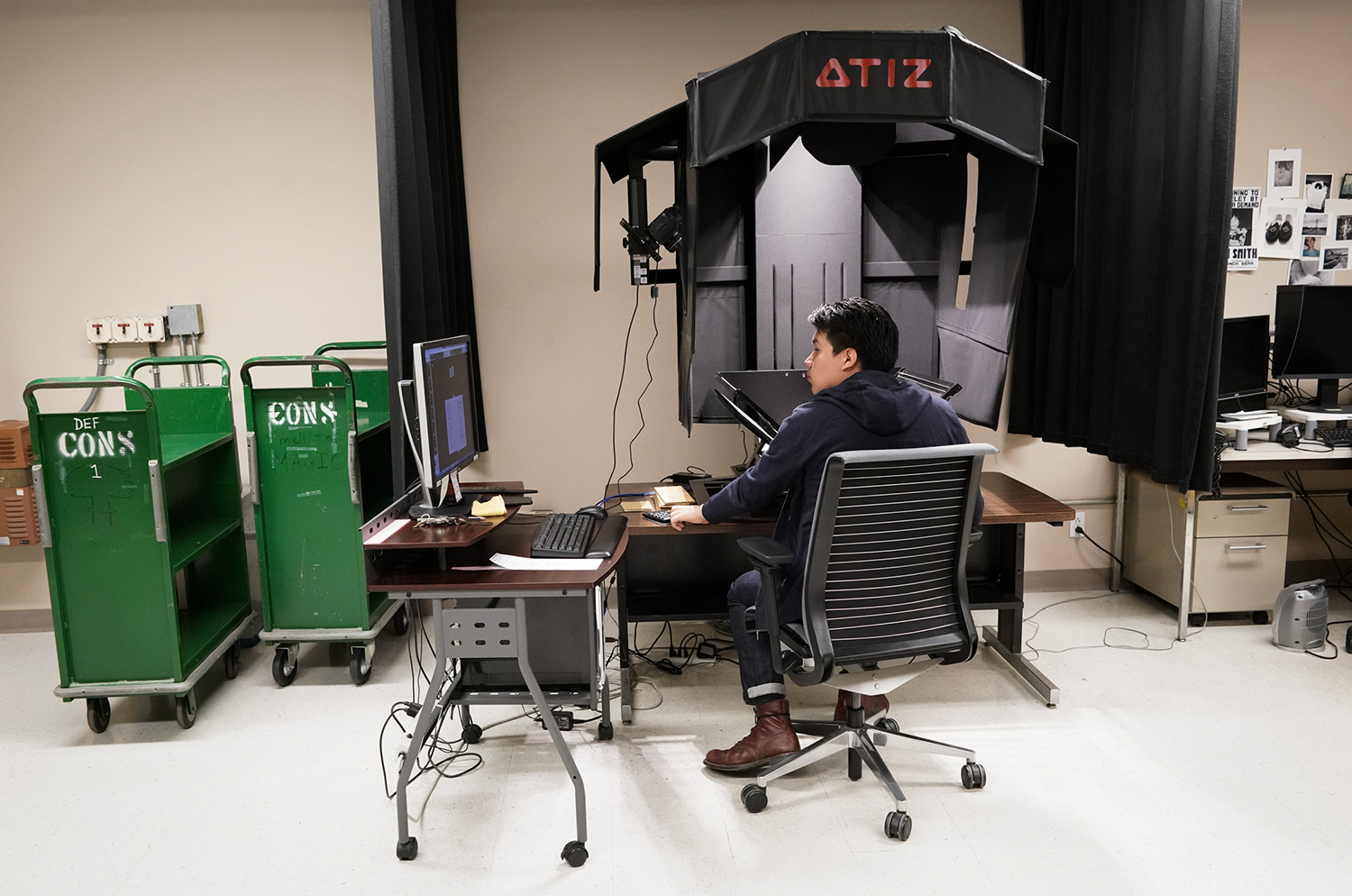
In the ongoing effort to make its resources available to all, the UC Berkeley Library has launched a new scanning service to transform its print materials into digital formats more accessible to the campus’s diverse scholarly community.
The service, which went live in October, builds upon a service introduced by the Library in 2012, by which any student registered with the campus’s Disabled Students’ Program, or DSP, can request physical items be converted into digital formats. Now, the service has been extended to all faculty members, instructors, and visiting scholars with print disabilities — a boon to the research possibilities on campus and an open invitation to the Library for those who have long been unable to access many of its materials.
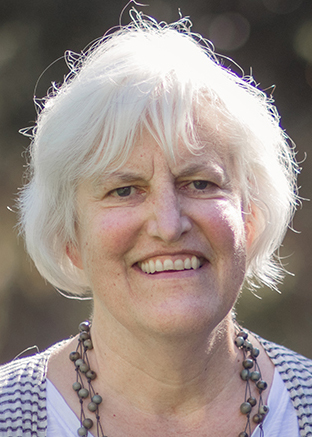
“Access to print material was always, always, always the major disability of blindness, particularly for somebody who’s a writer and a scholar,” said Georgina Kleege, an English professor at UC Berkeley who has been blind since childhood. “There’s always the frustration — I see a book in a bibliography and go to check, is it available in an accessible format? And, you know, sometimes it is, sometimes it isn’t.
“So it’s just a miracle to me that I can now go and use the Library basically like everybody else.”
Kleege, who studies the representation of disability in art and literature, is currently sponsoring two Fulbright scholars from Hungary who work in the field of disability studies. The scholars are blind and, in other libraries, have had to laboriously scan materials themselves.
“Now, they can go through (Berkeley’s) collections, highlight the books they want to read, and get them scanned,” Kleege said. “They can create their own library to carry with them — that’s a great thing.”
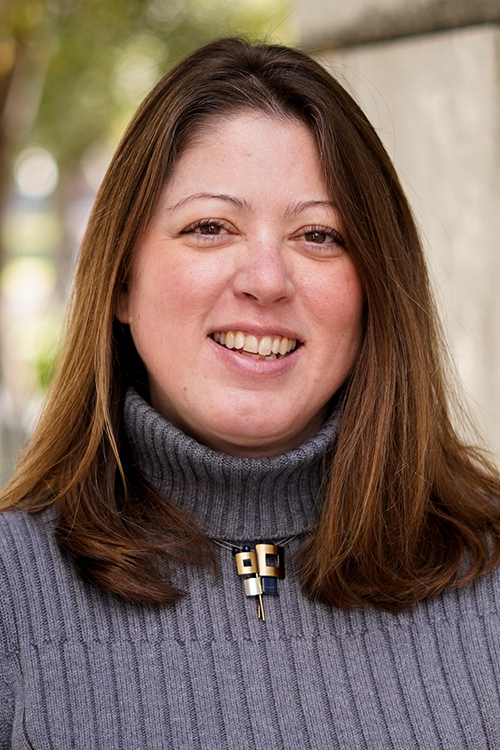
While the service has been available to students since 2012, it’s taken longer for the service to extend to faculty members and other researchers because there is no single entity on campus that handles issues of eligibility and confidentiality for those groups, as the DSP does for students, according to Elizabeth Dupuis, senior associate university librarian for educational initiatives, user services, and strategic projects. But in 2017, Dupuis pulled together a team of Library partners to craft a unique process for faculty members and researchers, consulting with campus leaders to make sure all the important bases were covered.
“It feels particularly satisfying to design a new service to remove barriers and increase connections for the faculty and instructors who truly make Berkeley's research and teaching mission come alive,” Dupuis said.
In fact, the benefits of streamlining research will be immeasurable, noted Kleege — for not only Berkeley, but the world.
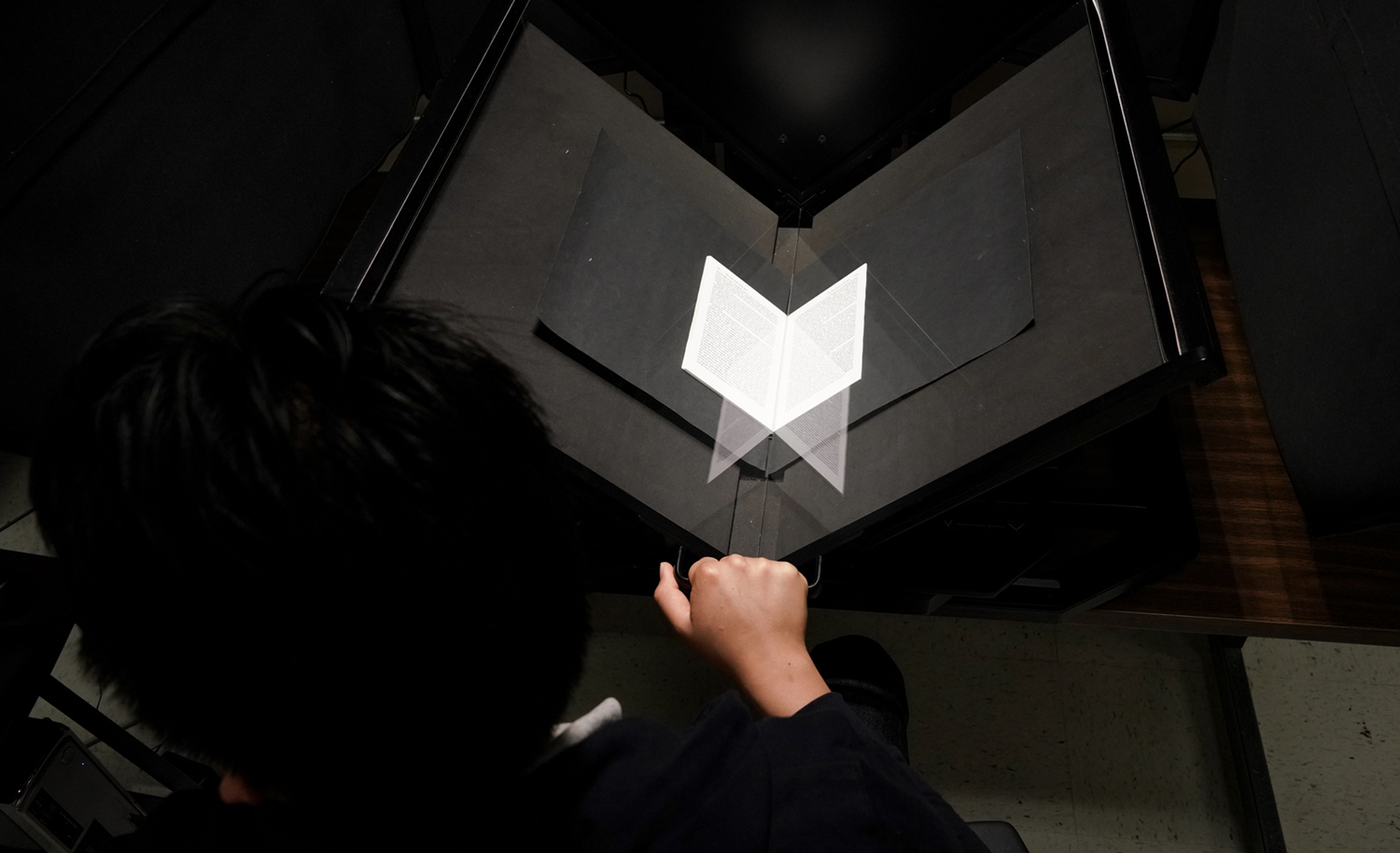
“It’s not just thinking of special needs or help that needs to be given — but what do people know, and how does the public collectively get access to that knowledge, too?” said Susan Schweik, an English professor at Berkeley who studies disability in literature. “Any kind of accommodation is not for the person getting it — it’s for the community.”
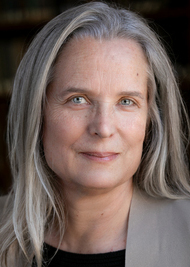
To enroll in the service, faculty members, instructors, and visiting scholars are asked to complete the Library’s request form. Once approved, users can request scans through OskiCat, the Library’s online catalog, or in person at the circulation desk of the campus library with the material. The service applies to all print materials held by the Library — except for those too large to scan — as well as items borrowed through Interlibrary Services. (More information can be found on the Library’s website.)
Scanned materials will be emailed as searchable PDFs and Microsoft Word documents. From there, Berkeley users can run the file through the free software SensusAccess to create accessible versions of the materials — whether MP3, e-book, or Braille.
“Access to knowledge is our core mission, pure and simple — you could boil everything we do down to that,” said Schweik, who has helped develop disability studies at Berkeley and pushed to hire more faculty members with disabilities. “As a public university, we should be serving the real public, … and the public that actually exists learns in a variety of ways.
“Our meaning as a public university, I think, depends on this,” she added, “and if we haven’t understood that all along, we do now.”